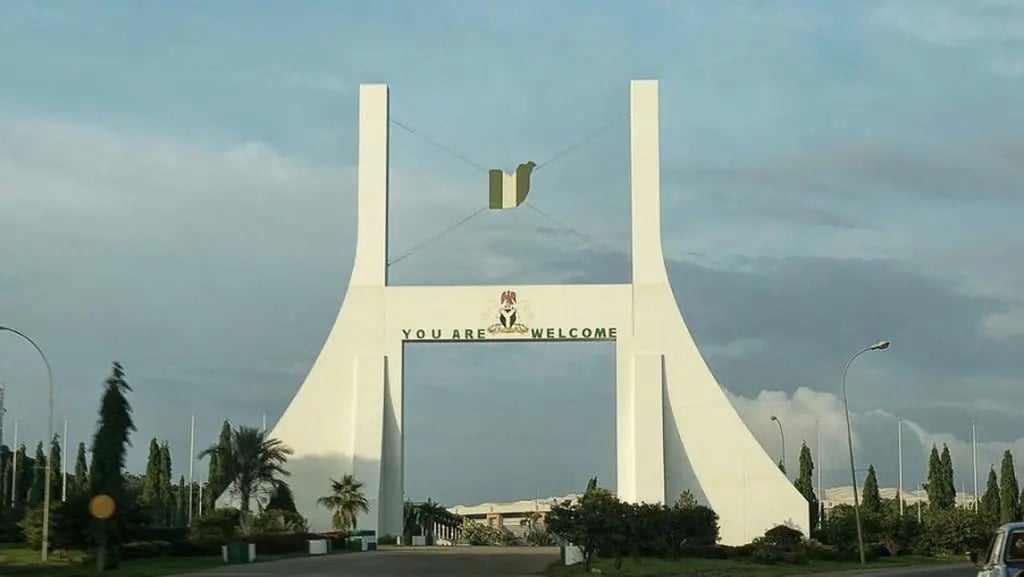The Onset of Campaigning for the 2026 FCT Area Council Elections
The Independent National Electoral Commission (INEC) has officially signaled the commencement of political campaigns for the 2026 Federal Capital Territory (FCT) Area Council elections. This announcement, made on Wednesday, September 24, 2025, by INEC’s National Commissioner and Chairman of the Information and Voter Education Committee, Sam Olumekun, marks the beginning of a crucial phase in the electoral process. Political parties are now authorized to engage in public campaigning, with the campaign period extending until midnight on February 19, 2026, just two days before the election itself. This timeframe adheres to the stipulations of Section 94(1) of the Electoral Act 2022 and is consistent with the published timetable and schedule of activities for the election, specifically item 8.
Legal Framework and Fair Campaign Practices
INEC emphasized the importance of conducting campaigns within the legal parameters established by the Electoral Act 2022. While campaigning is a fundamental aspect of a democratic election, it must be carried out responsibly and ethically. The commission explicitly referenced Sections 92 and 93 of the Act, which prohibit the use of abusive language, physical attacks on opponents, and the destruction of campaign materials. Maintaining a civil and respectful atmosphere during the campaign period is paramount to ensuring a free and fair election. INEC’s proactive reminder serves as a clear warning to all participants to adhere to these legal provisions.
Equal Access to Public Facilities and Media
A cornerstone of fair elections is equal access to resources for all contesting parties and candidates. INEC underscored this principle, stating that all parties and candidates must have unimpeded access to public facilities for their media campaigns, outdoor advertising, and public gatherings. This includes ensuring that all candidates have equal opportunities to present their platforms to the electorate through various media channels and public venues. Furthermore, the commission highlighted Section 95(2) of the Electoral Act 2022, which explicitly prohibits the use of incumbency to gain an unfair advantage or disadvantage any party or candidate. This provision aims to level the playing field and prevent the misuse of official positions for electoral gain.
Candidate List and Contested Seats
Prior to the announcement of the commencement of campaigns, INEC had released the final list of candidates contesting the 2026 FCT Area Council Election. This list, published on Monday, September 22, 2025, includes candidates from 17 political parties who successfully submitted their nomination forms and met the August 11, 2025, deadline. The publication followed an earlier display of candidates’ personal particulars on August 18, 2025, in compliance with legal requirements. A total of 68 seats are being contested in this election, encompassing six chairmanship positions and 62 councillorship positions across the six area councils of the FCT: Abuja Municipal, Bwari, Gwagwalada, Kuje, Kwali, and Abaji.
The Significance of the FCT Area Council Elections
The FCT Area Council elections hold considerable importance for the residents of the Federal Capital Territory. These local government elections provide citizens with the opportunity to elect their representatives at the grassroots level, individuals who will directly influence the provision of essential services and the development of their communities. The elected officials will play a crucial role in addressing local issues, managing resources, and implementing policies that impact the daily lives of FCT residents. Therefore, the campaign period leading up to the elections is a vital time for candidates to engage with the electorate, present their visions for their respective areas, and build trust with the communities they aspire to serve.
Looking Ahead: The Road to the 2026 FCT Area Council Elections
With the campaign period officially underway, the political landscape in the FCT is expected to become increasingly vibrant. Candidates and parties will embark on various campaign strategies, including rallies, town hall meetings, media appearances, and door-to-door canvassing, to connect with voters and garner support. The next few months will be crucial for the electorate to scrutinize the candidates, assess their platforms, and make informed decisions about who will best represent their interests. INEC’s role in ensuring a free, fair, and credible election is paramount, and the adherence of all stakeholders to the electoral laws and guidelines will be essential for a peaceful and successful electoral process.














